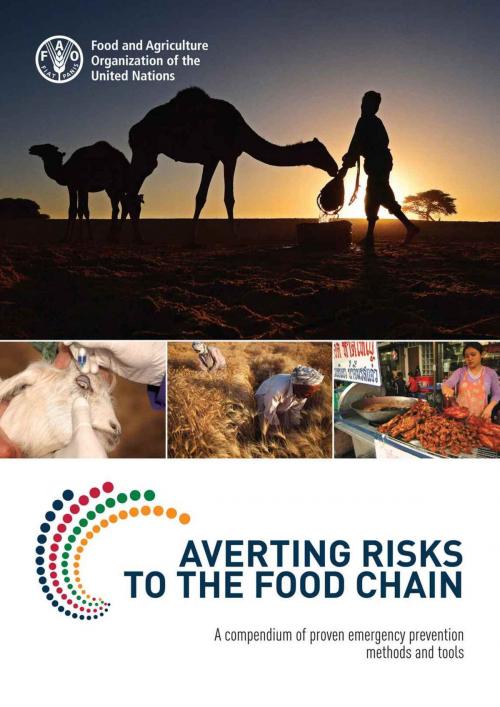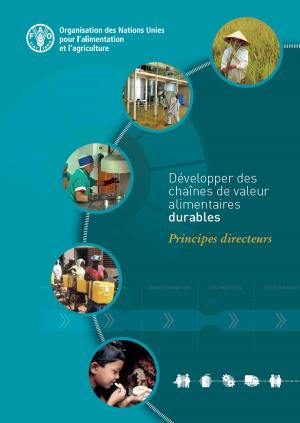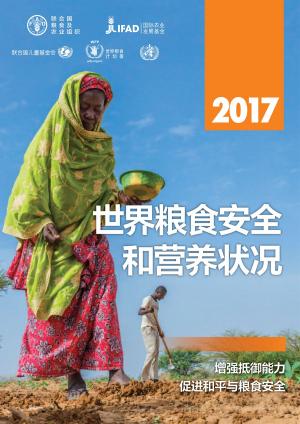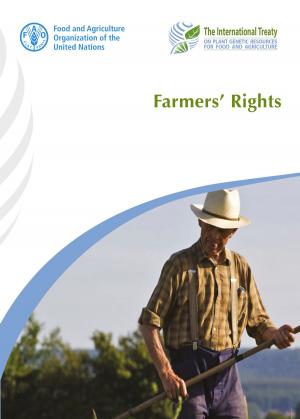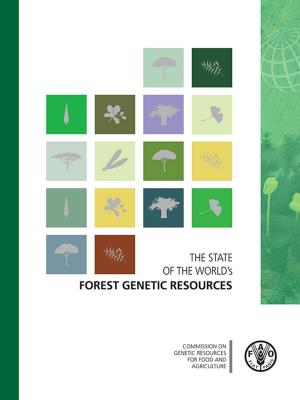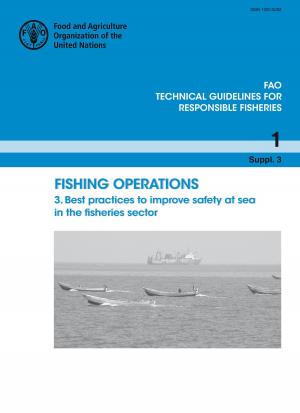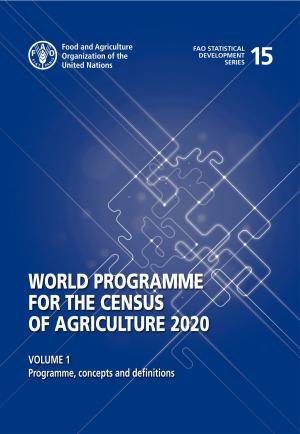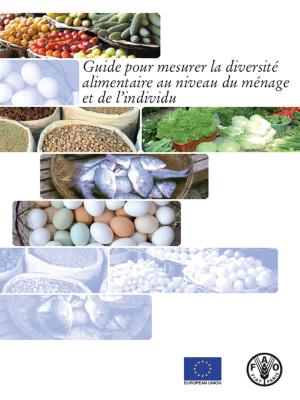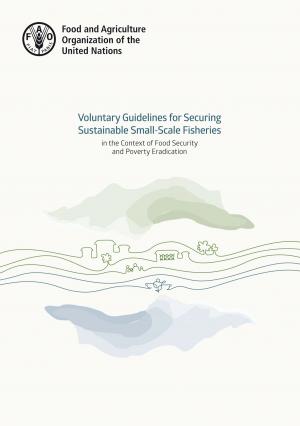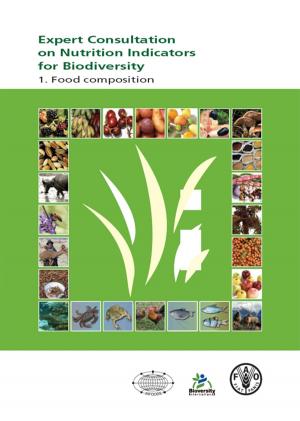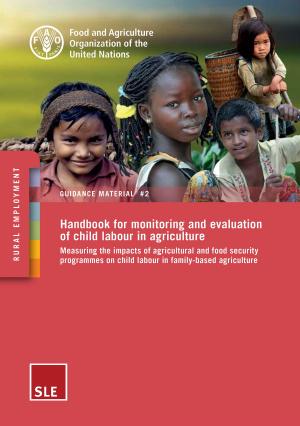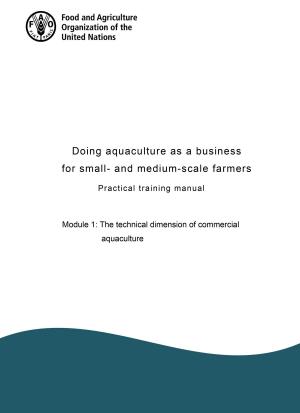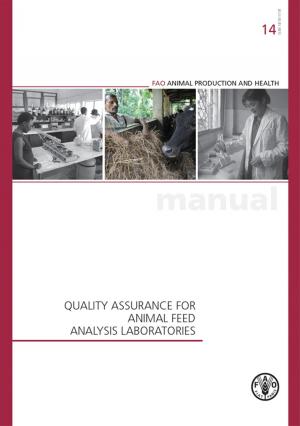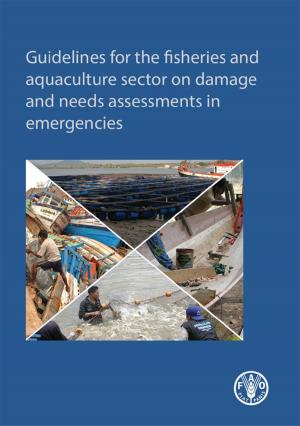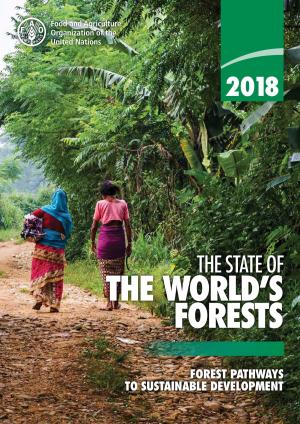Averting Risks to the Food Chain: A Compendium of Proven Emergency Prevention Methods and Tools
Nonfiction, Social & Cultural Studies, Social Science| Author: | Food and Agriculture Organization of the United Nations | ISBN: | 9781370188949 |
| Publisher: | Food and Agriculture Organization of the United Nations | Publication: | February 8, 2017 |
| Imprint: | Smashwords Edition | Language: | English |
| Author: | Food and Agriculture Organization of the United Nations |
| ISBN: | 9781370188949 |
| Publisher: | Food and Agriculture Organization of the United Nations |
| Publication: | February 8, 2017 |
| Imprint: | Smashwords Edition |
| Language: | English |
Preventing animal disease and plant pest outbreaks and food safety incidents before they occur is essential toprotecting the food chain. Most food chain crises are preventable with timely actions and the right investments. TheFood Chain Crisis - Emergency Prevention System, known as FCC-EMPRES, is FAO’s approach to pursuing just that. This publication, based on 23 FCC-EMPRES information sheets published on a monthly basis by the FCC Intelligenceand Coordination Unit of the FAO Agriculture and Consumer Protection Department, showcases some of the bestpractices currently in use. This publication promises to help experts, policy makers, national institutions, and development workers in ourjoint pursuit of a world without hunger. “Averting risks to the food chain” demonstrates that a coordinated responseof everyone involved in producing, processing, marketing and consuming food is essential. The 23 FCC-EMPRESpractices illustrated here show how better coordination makes a difference in people’s lives and livelihoods. Themultidisciplinary, collaborative and integrated approach encouraged by FCC-EMPRES ensures that information aboutthreats to our food arrives to all people concerned from farm to table before the threats can spread and cross borders.
Preventing animal disease and plant pest outbreaks and food safety incidents before they occur is essential toprotecting the food chain. Most food chain crises are preventable with timely actions and the right investments. TheFood Chain Crisis - Emergency Prevention System, known as FCC-EMPRES, is FAO’s approach to pursuing just that. This publication, based on 23 FCC-EMPRES information sheets published on a monthly basis by the FCC Intelligenceand Coordination Unit of the FAO Agriculture and Consumer Protection Department, showcases some of the bestpractices currently in use. This publication promises to help experts, policy makers, national institutions, and development workers in ourjoint pursuit of a world without hunger. “Averting risks to the food chain” demonstrates that a coordinated responseof everyone involved in producing, processing, marketing and consuming food is essential. The 23 FCC-EMPRESpractices illustrated here show how better coordination makes a difference in people’s lives and livelihoods. Themultidisciplinary, collaborative and integrated approach encouraged by FCC-EMPRES ensures that information aboutthreats to our food arrives to all people concerned from farm to table before the threats can spread and cross borders.
